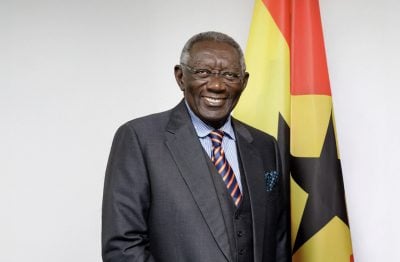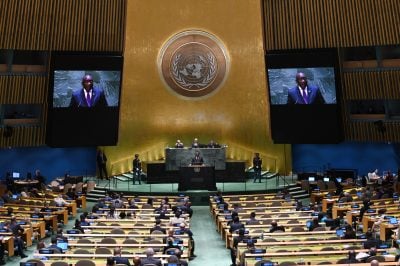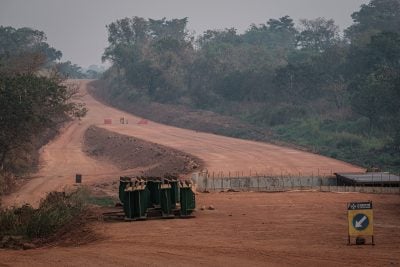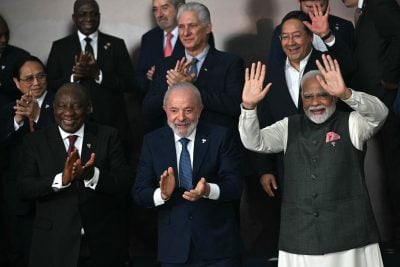Bola Ahmed Tinubu will be inaugurated as the president of Nigeria on 29 May. But there is to be no honeymoon period. The challenges facing the new leader of Africa’s largest economy are simply enormous. The threat of bankruptcy looms large in a country in which total public debt could rise to 77 trillion naira ($172bn) this year. Inflation has been running at over 22% this year, worsening abject poverty for tens of millions.
For Nigerians far from the bubbles of Lagos and Abuja, insecurity is a fact of life, from the incessant farmer-herder clashes in central Nigeria to the ongoing Islamist insurgency in the north-east and attacks targeting oil installations in the Niger Delta. The bloated oil sector, hostage to special interests, continues to corrupt politics and society, despite tentative attempts at reform.
Eight lost years
How did it come to this? It would not be too ungenerous to describe predecessor Muhammadu Buhari’s stint in power as lost years for Nigeria. Mentally rigid and economically inflexible, the veteran major-general and politician never came close to getting to grips with his dynamic, ambitious country of over 200m.
Growth on his watch never exceeded the 3.6% registered in 2021 as the country emerged from the pandemic – a trifle for a naturally entrepreneurial country whose population is growing at 2.6% a year – while he oversaw recessions in 2016 and 2020.
Of course, not all of the country’s woes can be placed solely at the president’s door. His eight-year stint in office was dogged by the impact of the Covid-19 pandemic (which Buhari took admirably seriously) and the economic fallout of the Russia-Ukraine War.
Many of Nigeria’s most obstinate problems, including its underperforming oil industry, wasteful fuel subsidies, crippling infrastructure shortfall and pervasive insecurity, pre-date Buhari’s latest stint in power.
Nevertheless, his outdated policy prescriptions showed that he had developed little from his first stint as military ruler in the mid-1980s. From import controls to currency restrictions and border closures, Buhari’s economic interventions were poorly thought through and incompetently executed.
They tended to muzzle rather than enable the private sector. Major projects of economic importance, including the potentially transformative Dangote Refinery, launched in May, have been hobbled by delays. Despite his penchant for military “solutions”, his legacy on insecurity is simmering conflict.
Challenges for Tinubu
How different will Tinubu be? Given that the septuagenarian springs from the same All Progressives Congress party as Buhari, there will be immediate scepticism that he offers anything near like the new broom that Nigeria needs. His wooden and stage-managed performances on the campaign trail, alongside the disputed manner of his election victory and limited voter mandate, provoke further unease.
Yet there are some grounds, albeit limited, for optimism. As governor of Lagos in the early 2000s, Tinubu oversaw growth, fuelled by foreign investment. He has made noises that he is more open to unleashing the power of the private sector by moving away from Buhari’s statist economic policies. A major early test is whether he goes through with the planned repeal of wasteful fuel subsidies, which are estimated to cost $10bn a year.
There is no time to waste. Nigeria – and by extension Africa – simply cannot afford another lost decade. It remains a pity that this youthful, entrepreneurial cultural powerhouse, should remain in thrall to a generation of leaders which have so palpably failed their fellow citizens. But Tinubu it is, and on his shoulders the fate of Africa’s giant rests.
Want to continue reading? Subscribe today.
You've read all your free articles for this month! Subscribe now to enjoy full access to our content.
Digital Monthly
£8.00 / month
Receive full unlimited access to our articles, opinions, podcasts and more.
Digital Yearly
£70.00 / year
Our best value offer - save £26 and gain access to all of our digital content for an entire year!

 Sign in with Google
Sign in with Google 



